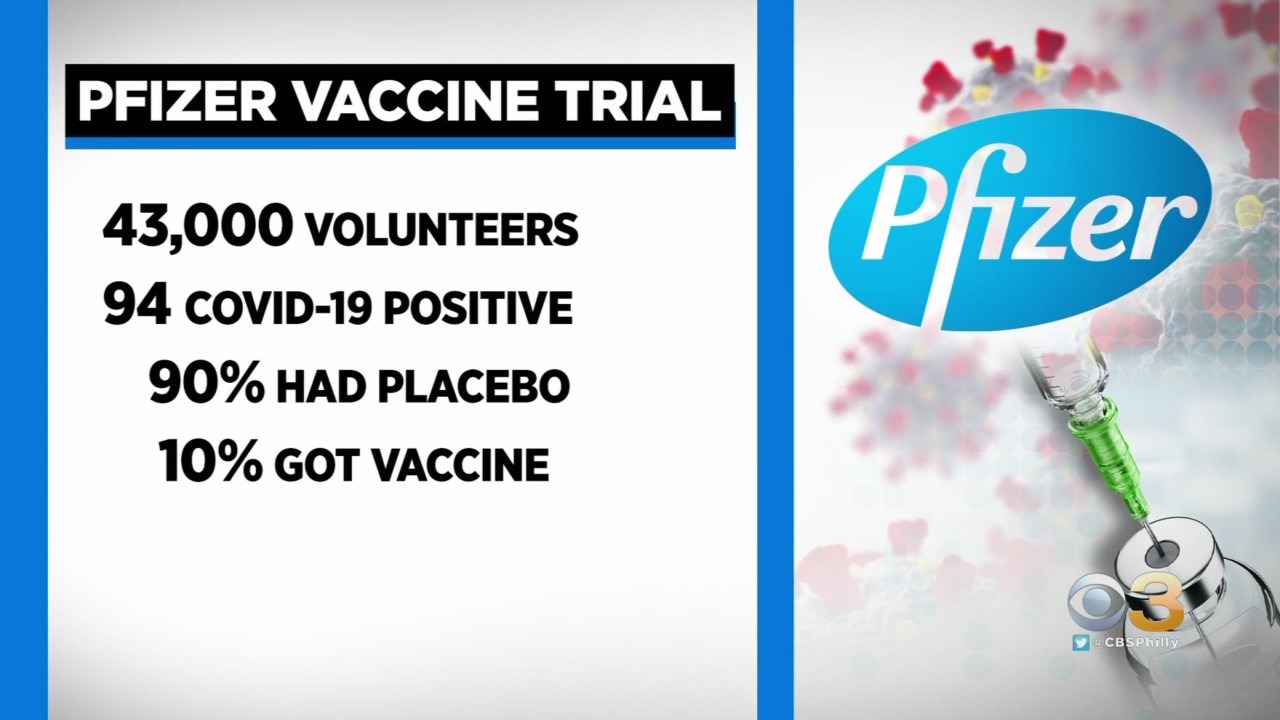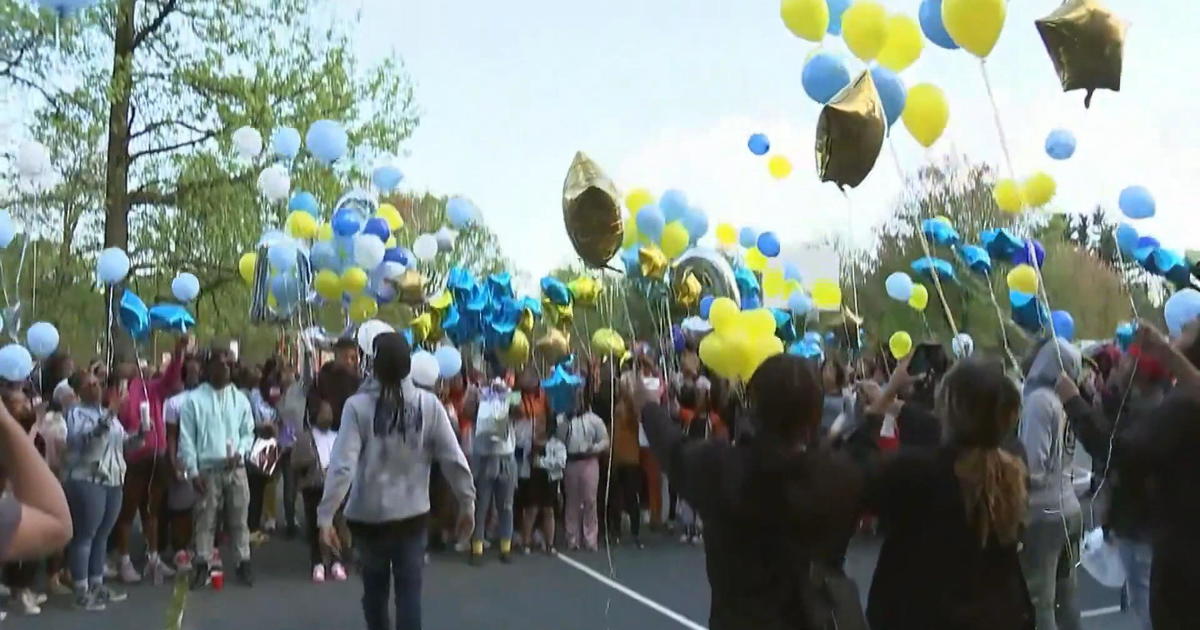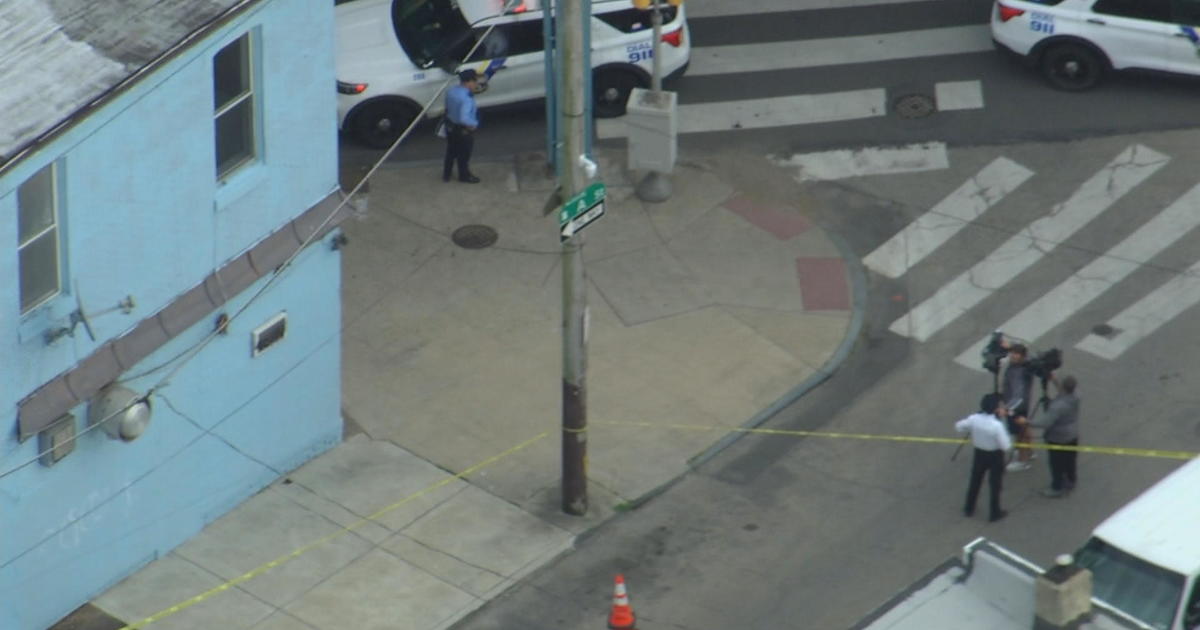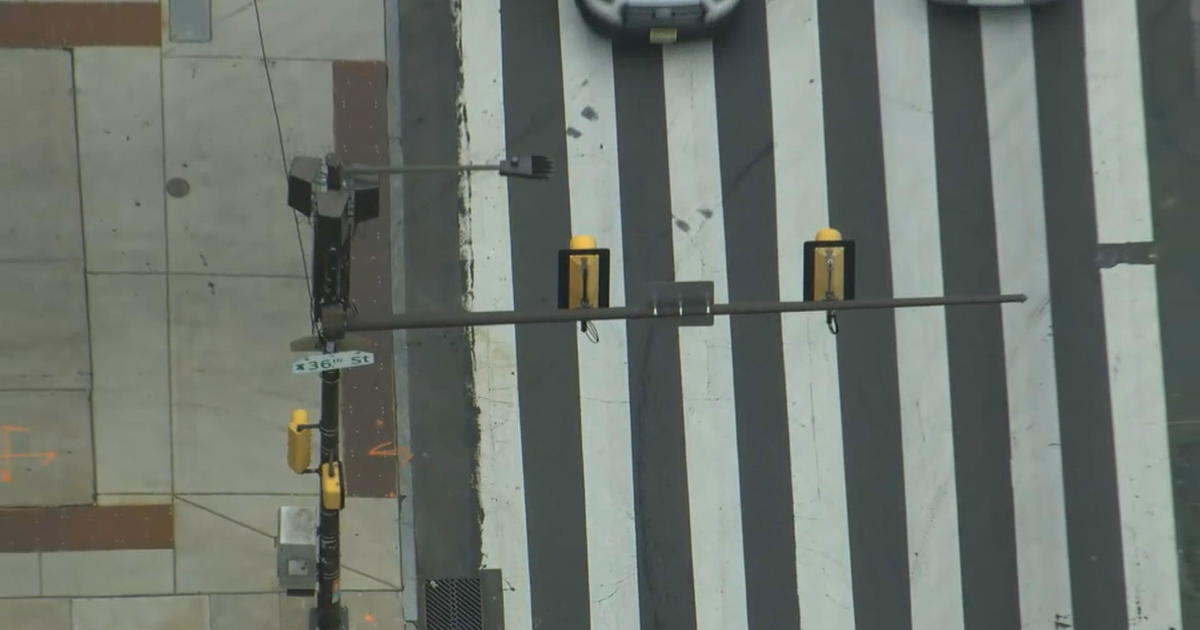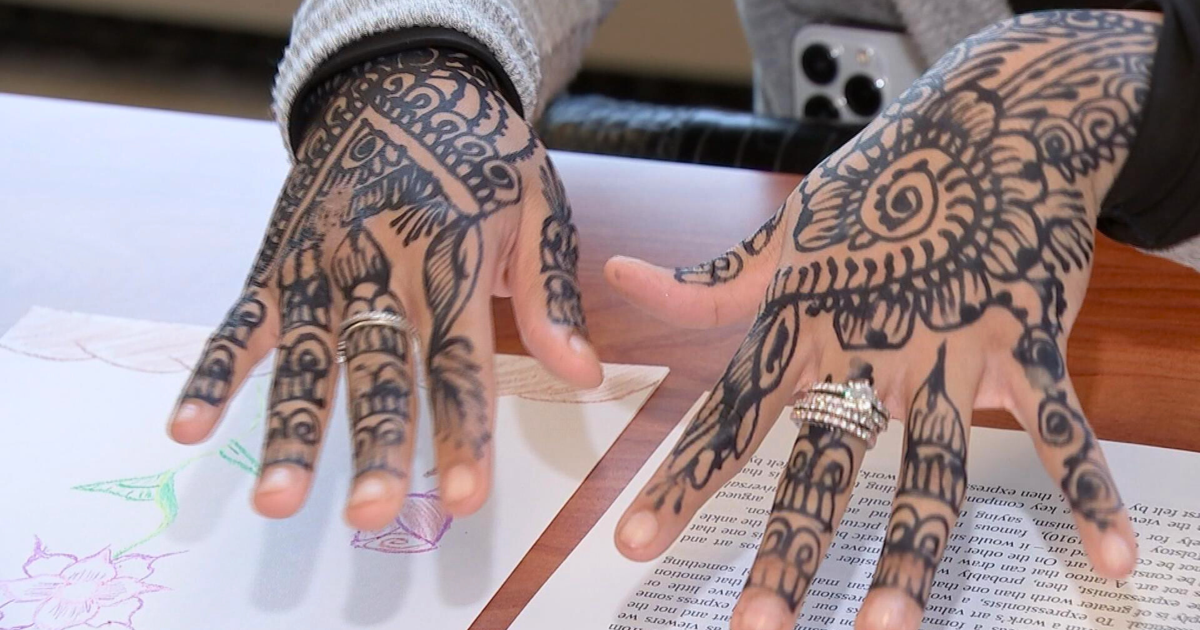'Greatest Medical Advance In Last 100 Years': Pfizer Reveals Early Results From Coronavirus Vaccine Trials Show Its 90% Effective
PHILADELPHIA (CBS) -- Pfizer said Monday early results from its coronavirus vaccine trials show it's 90% effective at preventing COVID-19. The first doses could be released in weeks.
The technology for this vaccine came from doctors and scientists here in Philadelphia. This is one of several vaccines being tested but the one that appears to be most promising.
"I think that's fantastic I don't remember a respiratory virus vaccine that had that kind of efficacy," said Dr. Drew Weissman of the University of Pennsylvania.
Dr. Weissman developed the nucleic acid vaccine technology that Pfizer is using. It contains a piece of genetic code that trains the immune system to recognize and disable the virus.
"It makes a very potent vaccine that stimulates antibody levels that are higher than most other vaccines we've studied," he said.
Dr. Anthony Fauci says this is an extraordinary development, while others caution against hyping early results. But Pfizer is the first to announce positive results from a late-stage vaccine trial and it appears to be working even better than expected.
"Ninety percent is a gamechanger," said Pfizer Chairman and CEO Albert Bourla.
Bourla says early data on its coronavirus vaccine shows it's 90% effective in preventing COVID-19.
"It was a very positive announcement from Pfizer," said Pennsylvania Health Secretary Dr. Rachel Levine.
There are 40,000 volunteers testing the Pfizer vaccine and the interim analysis shows 94 developed COVID-19 but most of that group -- 90% -- had received placebo and only 10% got the actual vaccine.
It requires two doses, with protection achieved 28 days after the first shot.
"This is an RNA vaccine so these are the instructions for the spike protein of COVID-19 that are injected in the arm and then the human body makes the protein itself and an immune response is made to it," said CBS News Medical Contributor, Dr. David Agus.
The United States Food and Drug Administration requires volunteers to be monitored for two months after getting the second dose. That will be the third week of November.
If there are no problems, Pfizer plans to seek emergency use authorization then.
Distribution plans are underway, but one issue is that Pfizer's vaccine needs to be kept at about -94 degrees Fahrenheit.
"That poses challenges but we've already reached out to hospitals and health systems to accomplish that, so we stand ready to distribute and administer the vaccine in Pennsylvania," said Dr. Levine.
Pfizer is accelerating production. Initially, 50 million doses are expected by the end of the year which could cover 25 million people.
The first doses would go to frontline workers and the most vulnerable; the general public maybe by the middle of next year.
"I think that likely, based on impact, that will be the greatest medical advance in the last 100 years," Bourla said.
It's unclear how long the vaccine protection would last -- it might be needed yearly like the flu vaccine.
And other vaccines from different companies are also expected to eventually be approved.
MORE ON CBSPHILLY.COM
Police: 2 Teens Hospitalized After Being Shot At Basketball Court In Northeast Philadelphia
Officials: Investigation Underway After Gunfire Erupts At Bucks County Wawa
